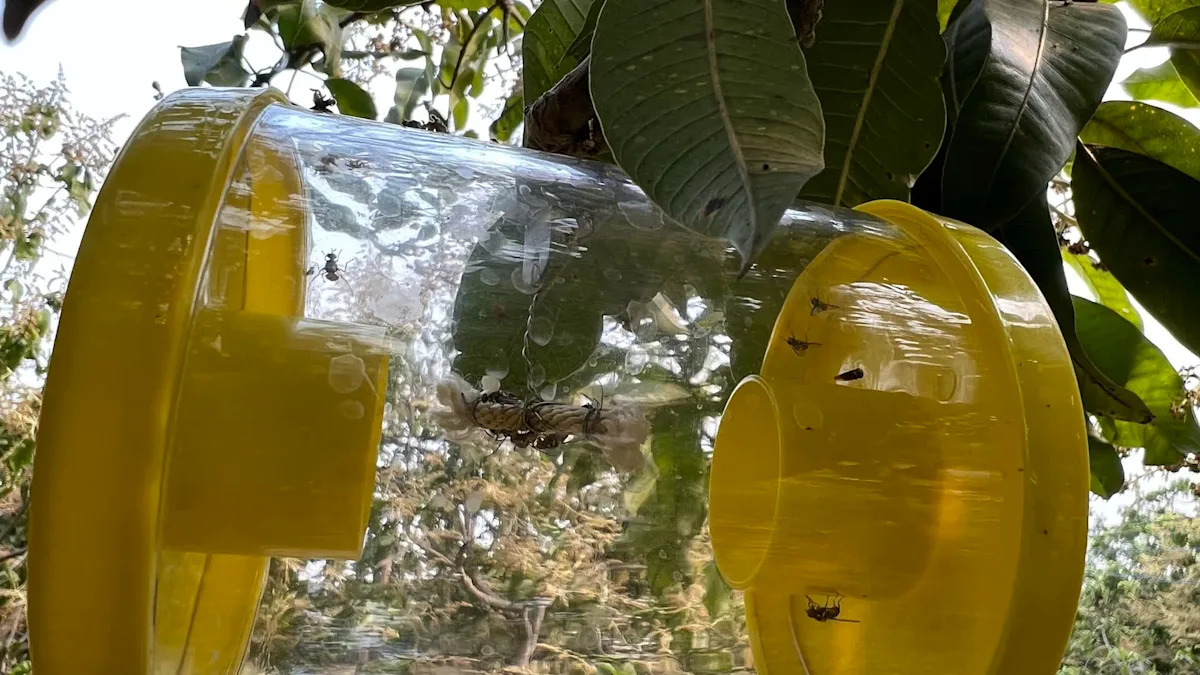Home / Environment / Crop Quarantine Imposed to Curb Destructive Oriental Fruit Fly Outbreak
Crop Quarantine Imposed to Curb Destructive Oriental Fruit Fly Outbreak
24 Oct
Summary
- Inland Empire of Southern California under crop quarantine due to Oriental fruit fly
- Fly targets over 230 fruits, vegetables, and crops like pome, stone fruits, citrus, avocados
- Integrated pest management technique using male attractant to halt fly reproduction

As of October 25th, 2025, several areas in the Inland Empire region of Southern California have been placed under a crop quarantine due to an outbreak of the invasive Oriental fruit fly. This fly is known to target over 230 different fruits, vegetables, and other agricultural commodities, posing a serious threat to the region's vital crops.
The quarantine was implemented after the fly was detected in the area, with officials concerned about the potential for the pest to decimate important California crops like pome and stone fruits, citrus, dates, avocados, and many vegetables, particularly tomatoes and peppers. When the fly's larvae hatch within produce, they render the crops unfit for consumption, leading to widespread devastation.
To combat the outbreak, authorities have turned to a tried-and-true integrated pest management technique. They are applying a male attractant laced with a natural pesticide to the affected crops. When the male flies consume the bait, they die, preventing them from fertilizing any eggs and halting the fly's reproduction. This approach has proven successful in eradicating similar invasive pests in the past, and officials are hopeful that the quarantine can soon be lifted on the produce in Riverside and San Bernardino counties.
Invasive species like the Oriental fruit fly pose a significant threat to native ecosystems, as they can outcompete keystone species for crucial resources, leading to a domino effect of consequences up and down the food chain. Protecting native species is essential for maintaining a healthy, functioning environment, as they provide numerous benefits simply by existing, including limiting the spread of disease and safeguarding food supplies.




